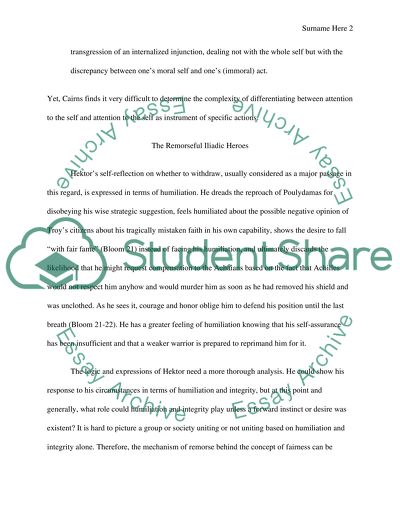Cite this document
(“Iliad story Research Paper Example | Topics and Well Written Essays - 1750 words”, n.d.)
Retrieved from https://studentshare.org/literature/1488994-iliad-story
Retrieved from https://studentshare.org/literature/1488994-iliad-story
(Iliad Story Research Paper Example | Topics and Well Written Essays - 1750 Words)
https://studentshare.org/literature/1488994-iliad-story.
https://studentshare.org/literature/1488994-iliad-story.
“Iliad Story Research Paper Example | Topics and Well Written Essays - 1750 Words”, n.d. https://studentshare.org/literature/1488994-iliad-story.


